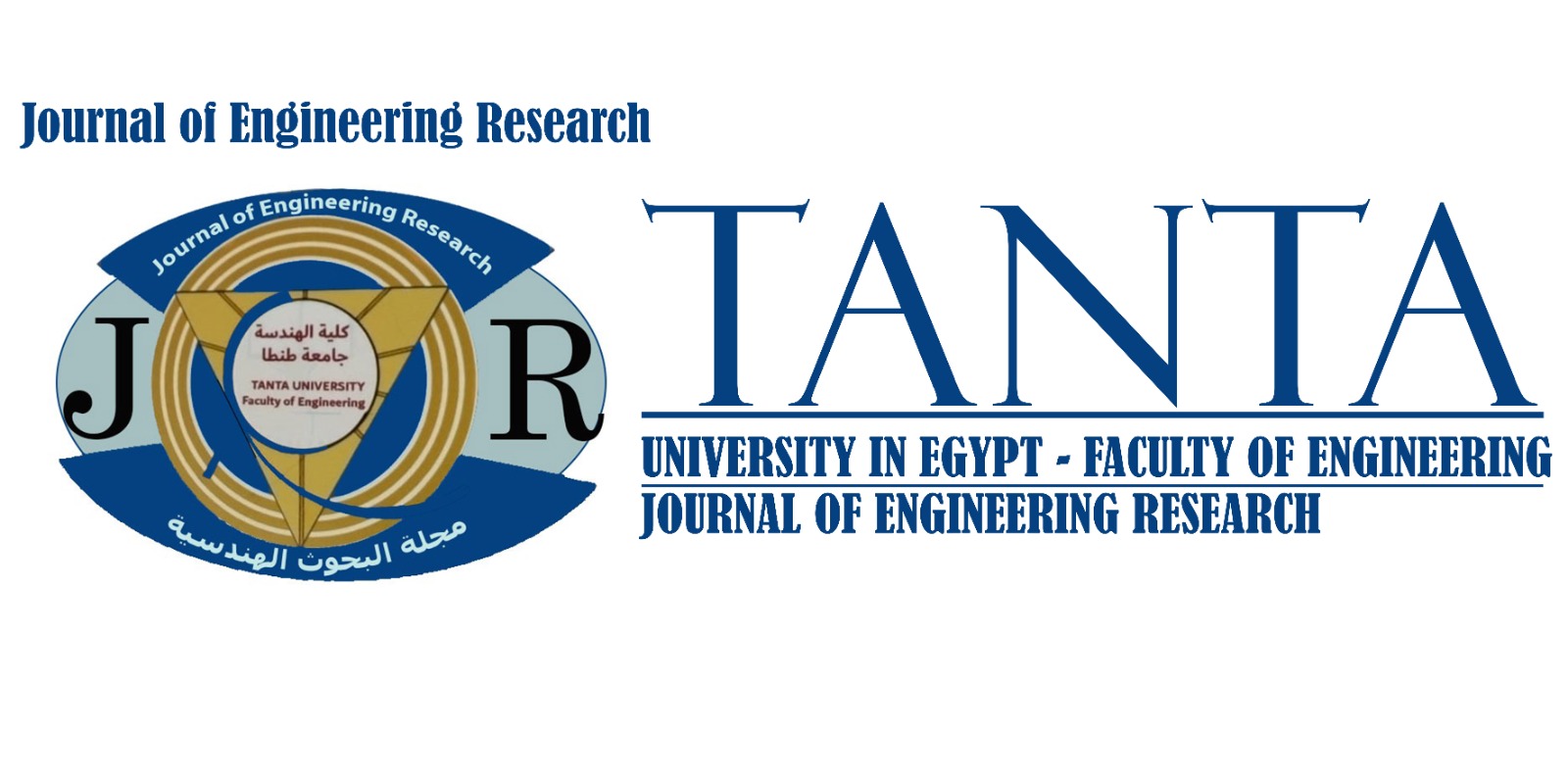Journal of Engineering Research

Abstract
The concept of smart city/region has become increasingly common due to the rapid acceleration of digital transformation in the use of advanced technologies across all sectors. This has had a significant impact on the urban environment of both urban and rural agglomerations. The concept of the smart city has extended to include larger spatial regions as a result of the sectorial relationships and interactions that arise between these agglomerations, forming what is known as Smart Regions.
The importance of studying and analyzing smart regions has increased due to the great opportunity they represent in achieving high rates of development in the spatial regions due to the significant development that is taking place in the leading sectors. The growing interest in applying the concept of sustainable smart planning has made it a focus of Egyptian national plans and visions.
Therefore, the research aims to reach the methodological framework for the application of the concept of Smart Regions in Egypt. Firstly, the study of the sustainable smart planning approach at the beginning of the emergence of the concept of smart regions. Then, monitoring and analyzing the main and sub-group elements that make up smart regions and the indicators that affect them. Next, studying and analyzing various global experiences in applying the concept of transition towards Smart regions. Finally, to come up with steps or stages of transition from spatial regions to smart regions, and to identify the basic decisions and orientations that support that transition for application to Egyptian spatial regions.
Recommended Citation
el sayed abdallah marzouk, ahmed mohamed ahmed marzouk
(2024)
"الإطار المنهجي لتطبيق فكر الأقاليم الذكية كمدخل لتحقيق مبادئ التنمية العمرانية المستدامة في مصر,"
Journal of Engineering Research: Vol. 8:
Iss.
3, Article 14.
Available at:
https://digitalcommons.aaru.edu.jo/erjeng/vol8/iss3/14

